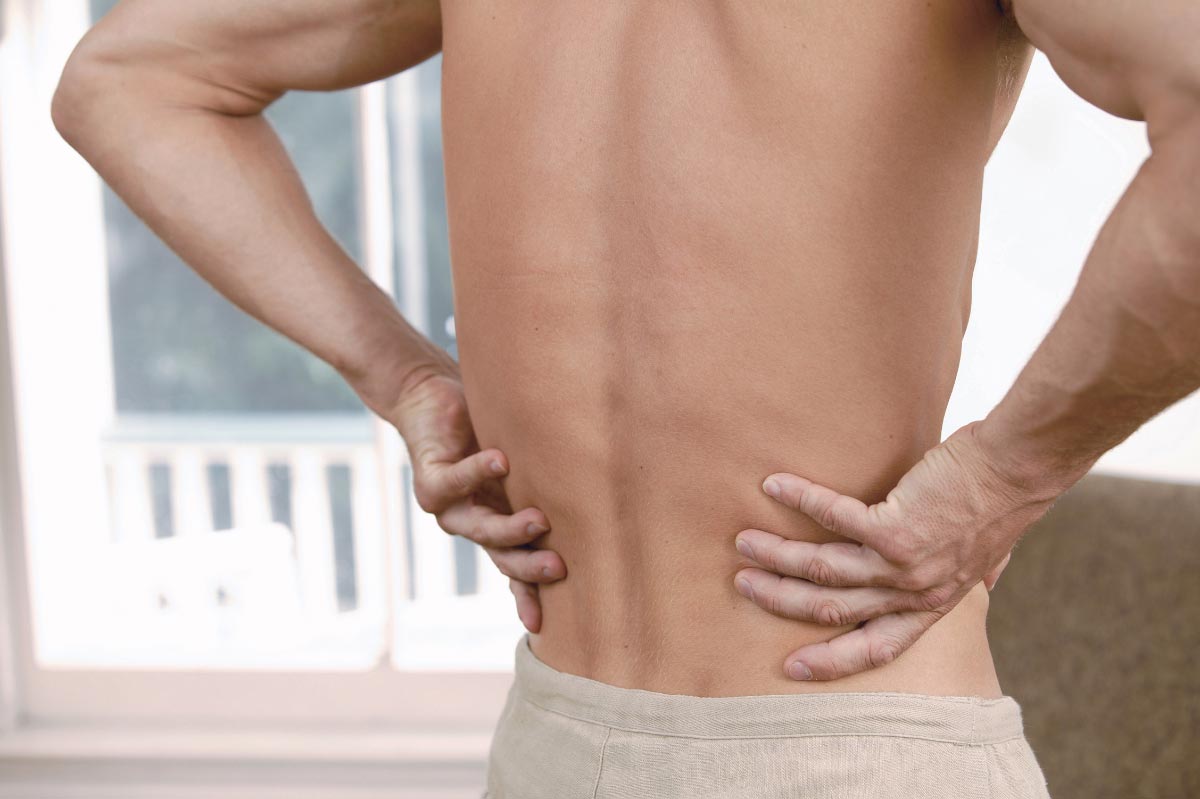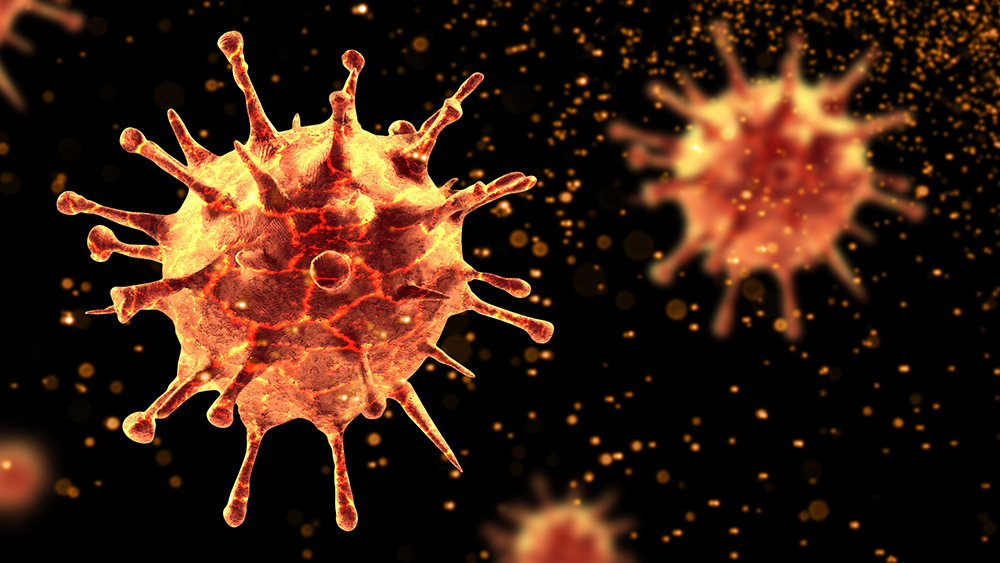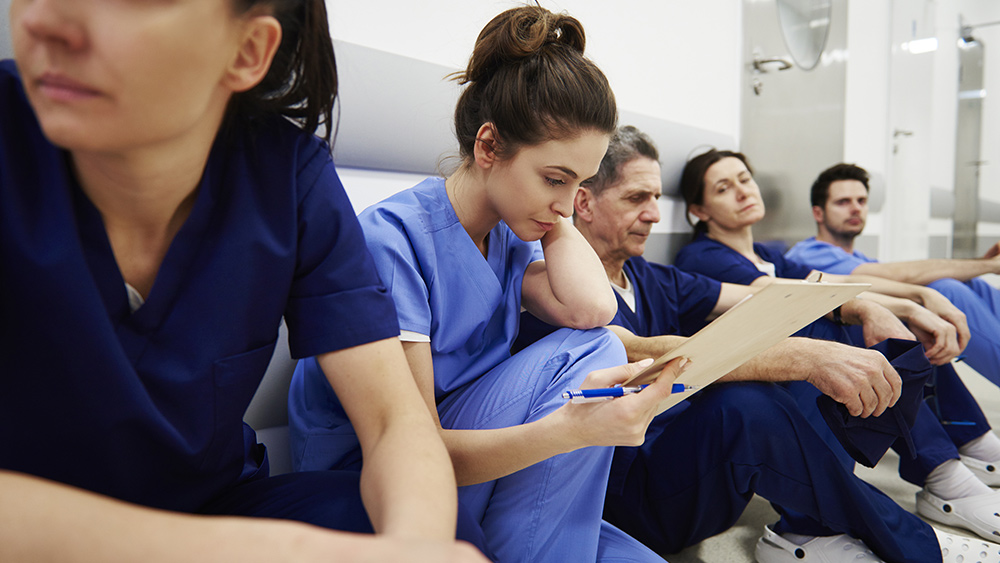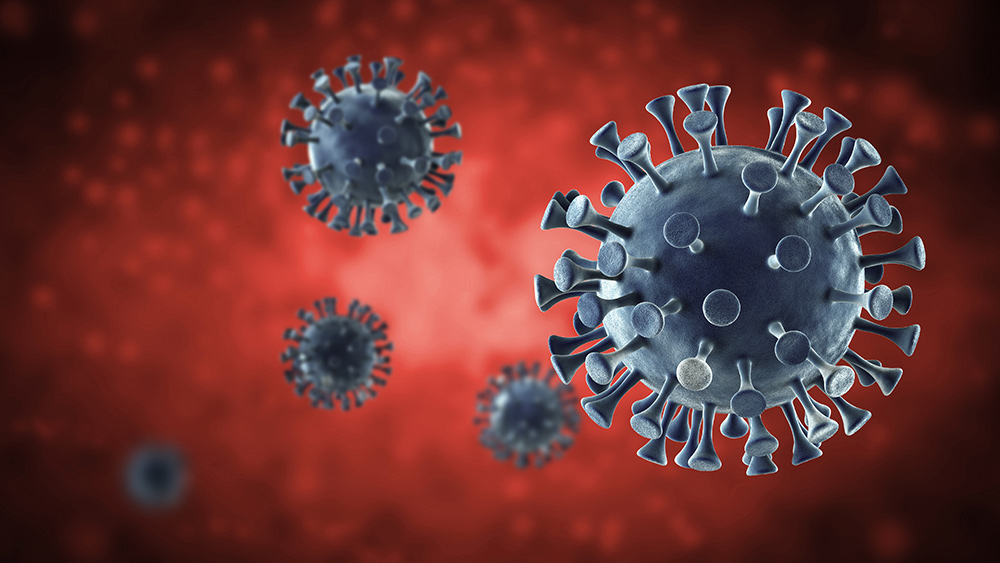Yikes! What causes back pain when you bend over?
04/10/2020 / By Darnel Fernandez

Pain in the lower back is quite common although the pain could be felt anywhere along the spine, from the neck all the way down to the hips. About 80 percent of American adults will have experienced lower back pain at some point in their lives and it is currently the leading cause of job-related disabilities and missed workdays.
In a survey done by the National Institute of Neurological Disorders and Stroke, they found that more than a quarter of the surveyed adults reported experiencing lower back pain within the past three months. However, while it is a widespread symptom for many conditions, there are some people who only experience back pain when bending over. What exactly causes this phenomenon to happen?
Herniated Disc
The spine consists of various parts such as spinal discs and vertebrae, which are all stacked and held together as one unit. The spinal discs act as shock absorbers to help keep the lower back stable. However, these discs can sometimes slip out of place, putting pressure on nearby spinal nerves and irritating them. More often than not, these disks slip out due to age-related changes that cause them to degenerate. This condition – called a herniated disc – can also be accompanied with severe shooting pain. In addition, herniated disks could also lead to weakness in one of the legs, as well as numbness in the legs and lower back.
Lower back strain
Lower back strain is one of the more common causes of lower back pain when bending over. The position taken when bending over can put a lot of pressure on the lower back, causing significant stretching in the muscles and ligaments. A strained muscle is often caused by physical activity, overuse of the muscles or simply a lack of flexibility. If left unchecked, the strained area can also experience inflammation – leading to potential muscle spasms.
Muscle spasms, also known as cramps, are common and could happen at any time of the day. Lower back strain can also cause stiffness and difficulty in maintaining an upright position. (Related: 6 Causes of lower back pain and testicular pain.)
Sciatica
Following a herniated disk, your body could develop a condition known as sciatica. This refers to pain that radiates along the sciatic nerve and typically affects only one side of the body. If a herniated disk starts pressing on the sciatic nerve, it could cause pressure, burning and even severe pain that could travel from the back all the way down to the legs. When a person is afflicted with sciatica, they could experience limitations in the range of motion in their legs.
Tips to reduce back pain
By practicing proper lifting and bending techniques for proper body alignment, you could be able to minimize the back pain you experience, especially when bending over. There are also techniques you can use to reduce your risk of getting injured. Here are a few of them:
- Carry heavy objects as close to the body as possible and try to keep them at waist level.
- Refrain from carrying objects that are too heavy to carry. Instead, you can try going for multiple trips to lessen the load or even use assistance like carts.
- Keep your feet at least shoulder-width apart to maintain balance and prevent yourself from falling forward.
- Avoid twisting the spine too much when reaching over to pick something up.
- Stop using your waist when bending over and start bending only at the knees and hips. This technique reduces the risk of developing spinal fractures and muscle strain.
- If you’re experiencing mild pain, rest your back for a few days before starting gentle stretching exercises and moderate physical activity.
- If possible, you can also wear supportive devices like back braces to reduce the discomfort caused by back pain.
Learn more about natural ways to relieve back pain at BackPain.news.
Sources include:
Tagged Under: back pain, Cramps, healing techniques, herniated disk, lower back pain, lower back strain, muscle spasms, prevention, remedies, skeletal health



















